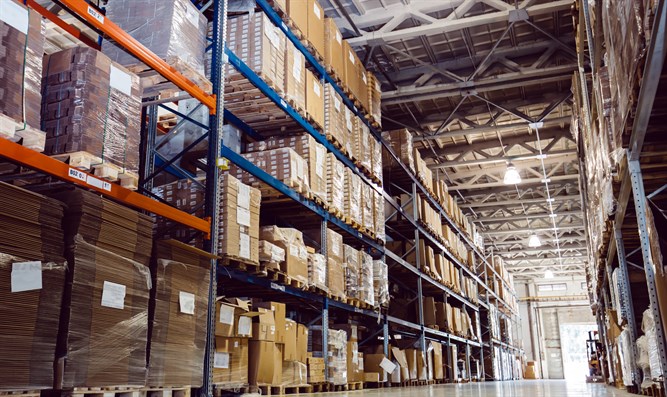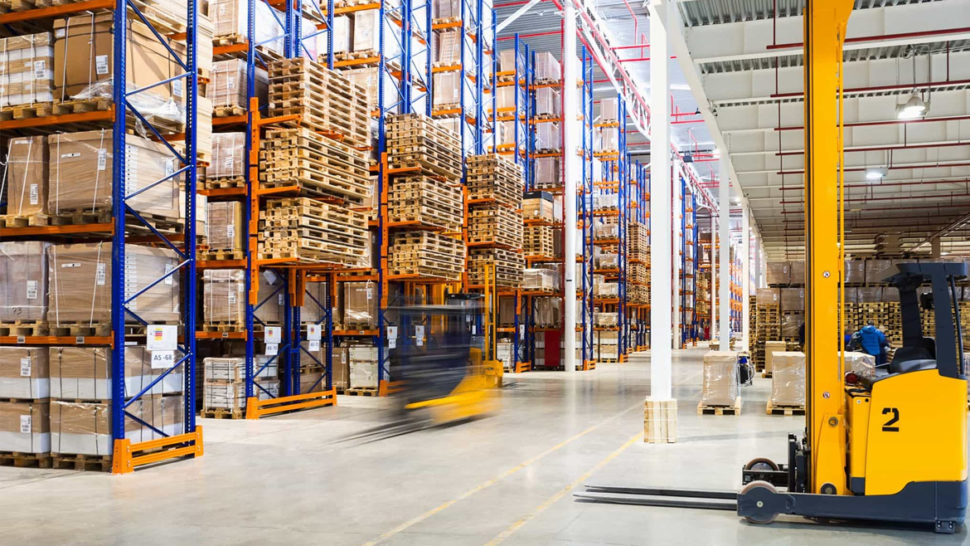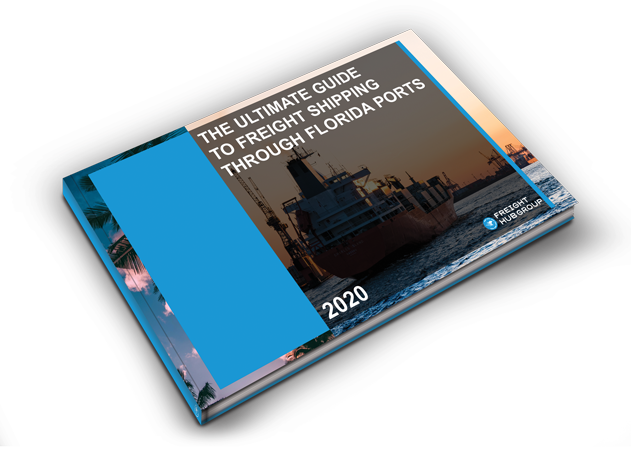What is a Bonded Warehouse and How They Work?
A Bonded Warehouse – also known as a Customs Bonded Warehouse – is a government owned or privately owned warehouse that is stringently regulated by the customs agency of the country in which the warehouse is located, where imported goods intended for export can be stored without physically entering that country’s market. This essentially means that businesses don’t have to pay custom duties while the goods are housed here, effectively creating a duty-free zone.

If you’ve decided to use a customs bonded warehouse for your ecommerce business, it will be worth understanding how the bonding warehousing process works.
Stock is imported into a bonded warehouse
The goods are received into the warehouse, where the warehouse operator and importer accepts liability under a warehouse customs bond. All of the required duties, taxes, and customs charges are then delayed until the products leave the warehouse for delivery or export.
Goods are sorted, repacked, or undergo manufacturing alterations
Sometimes using specialized storage facilities, the stock is then stored suitably. These services can include deep freeze or bulk liquid storage, depending on the type of product.
While bonded goods are stored in the warehouse, and under the supervision of a customs agent, they may be sorted, repacked or undergo other manufacturing alterations. When it comes to bonded raw materials, they may go through various manufacturing operations while the duties and taxes are still being postponed.
Customers’ orders are then fulfilled or exported to next destination
After any manipulations, the products are then either fulfilled to the customer or exported to the next destination. As well as operating as bonded warehouse, many also act as fulfilment centres, providing their own staff for any packing and reshipping needed. They fulfil the customer’s order and make sure the goods reach them fast and effectively.
Any duties, fees, and taxes are paid upon release of goods
Once all of the necessary duties and taxes are paid, the goods can be released from the warehouse. As is with bonded customs warehouses, not until the goods are released do these fees need to be paid. Whereas with non-bonded warehouse, the fees must be paid and inspections undertaken immediately.

How To Set Up a Bonded Warehouse?
Launching a Customs Bonded Warehouse
In order to set up and operate a bonded warehouse, the importer or exporter will need to apply to the CPB (Customs and Border Protection Agency). They will require a description of the warehouse, its location, a plan of the buildings that show the space to be bonded, as well as certification from a fire insurance company about the suitability of the building for warehousing. Once the prospective importer or exporter has been approved, they may use the bonded area for short- or long-term use, up to a period of 5 years.
The Bond Process
The warehouse operator then stores the clients’ imported products awaiting the payment of any duties and taxes. Payment is made to a Treasury-licensed company and a customs bond is obtained. When goods are received in the warehouse, the customs warehouse operator and importer take on liability under a bond which is then cancelled only when the goods are exported or fulfilled to customers and all duties are paid off.
Outsourcing Warehousing
An e-commerce business owner may well want to outsource warehousing to reduce costs and streamline the operating of the business. By subcontracting a 3PL company to fulfil orders from their own bonded warehouses, it leaves the e-commerce business owner to focus on more important issues and staying competitive. The 3PL will then be responsible for the bond price and shipping products to the customer.
What The Advantages of Bonded Warehouse?

1. Cash flow improvement
By delaying the payment of duty and taxes until the products have been purchased by the customer can have a positive impact on the cashflow in a business. By making use of a bonded warehouse, the duties will only need to be paid once they enter the market. So, if there is any difficulty in selling product, taxes paid up front won’t become an issue with no way of recovering the costs. All goods are classed as duty-free whilst in a bonded warehouse, which prevents paying duty up front for stock that may be in storage for a long time.
2. If goods are exported then no import duty is paid
If goods are being imported to then be exported, then using a bonded warehouse is a must. By storing products in bonded warehouses, business owners won’t have to pay any import-duty on exported goods, which will save both time and money. By avoiding paying duty twice, 25-30% can be saved in unnecessary costs. Similarly, if any products needs to be destroyed and cannot be sold, then import duty will not have to be paid either.
3. Warehouses close to ports
Due to most bonded warehouses being located at or very close to ports, goods can be stored at the port of entry and distributed to the customer when required. This reduction in additional costs across the supply chain can be attributed to the reduced potential for any damage to the stock, and substantial savings in transport costs which go hand-in-hand with lower carbon emissions.
Recent Posts
Watch our Podcast

THE ULTIMATE GUIDE TO FREIGHT SHIPPING THROUGH FLORIDA PORTS
When it comes to ocean freight shipping in Florida, there is a lot to know to ensure you follow the appropriate steps when shipping into and out of Florida Ports.
Just enter in your email address and receive your FREE E-Book in minutes!